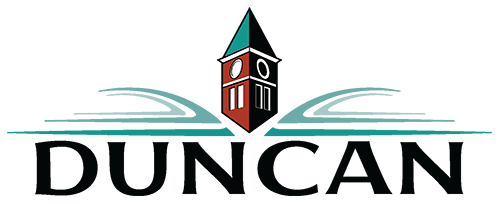Financial Plan (Budget)
A municipal budget serves as a fundamental blueprint that guides us toward efficiency, effectiveness, and proactiveness. It provides a plan on how much money is expected to be received and spent, the level of service to be provided to our residents, and the priority of our projects and services.
Budgeting 101
The budget is comprised of two main components:
Operating Budget
The Operating Budget funds an array of programs and services such as provision of water and sewer infrastructure, maintenance and repair of roads, sidewalks, curbs, gutters and storm drainage, police protection, fire protection, maintenance of parks and facilities, recreational events, waste/recycling pick up, snow removal, general government, and much more. It focuses on the delivery of services and programs in our community. Wages, utilities, insurance, licenses, etc. are examples of the nature of expenses to help provide those services.
There are also services we do not provide, such as education, health care, highways, ferry services, library, and public transit.
Capital Budget
The Capital Budget funds new, replaced, enhanced, and rehabilitated infrastructure. Examples include new and replaced sidewalks, road reconstruction, major repairs, and maintenance that could extend the life of our assets such as buildings, etc. The budget helps identify priority infrastructure projects to take care of our current and future needs.
Budget Process
Goals & Priorities
Every Fall the City begins by setting priorities with Council by reviewing its Strategic Plan. This helps guide staff in preparing a budget that will move towards achieving our City’s Vision and Objectives. The budget sets out how much money is required to achieve those priorities and outlines where that money will come from. Council prioritizes projects and services and decides what needs to be accomplished in the year, balanced against what those services cost the taxpayer each year. Keeping taxes affordable and delivering quality services for residents and property owners is a priority for City Council. Like any business or household, the needs and wants of the City are often greater than what can be afforded at any one time. Choices must be made during the budget process each year.
Budget Schedule
An annual budget schedule is established in early Fall to provide all stakeholders with anticipated deadlines in hopes of approving the final budget in a timely fashion. It includes dates and goals for priority setting, draft reviews, budget meetings and presentations, and bylaw establishments.
Public Input
Citizens and property owners can help by getting involved in the budget process. Town Hall open houses and online engagement sessions are held to invite public input on the draft budget being considered. Alternatively, Citizens may attend a Committee of the Whole or Council meetings where the budget is being deliberated, or by writing to Council at any time at duncan@duncan.ca.
Final Budget
Under the provisions of the Local Government Act, a municipality must have an annually adopted financial plan (bylaw) before May 15, when the annual property tax bylaw must be adopted. The planning period is five years, covering the current year plus the next four years.
Budget Schedule
All meetings below are open to the public:
- Committee of the Whole: City Hall, 200 Craig Street, 2nd Floor, Committee Room
- Council: City Hall, 200 Craig Street, 2nd floor, Chamber
- Town Hall: City Hall, 200 Craig Street, 2nd Floor, Chamber
Please click this link to see more detailed information on the budget.
